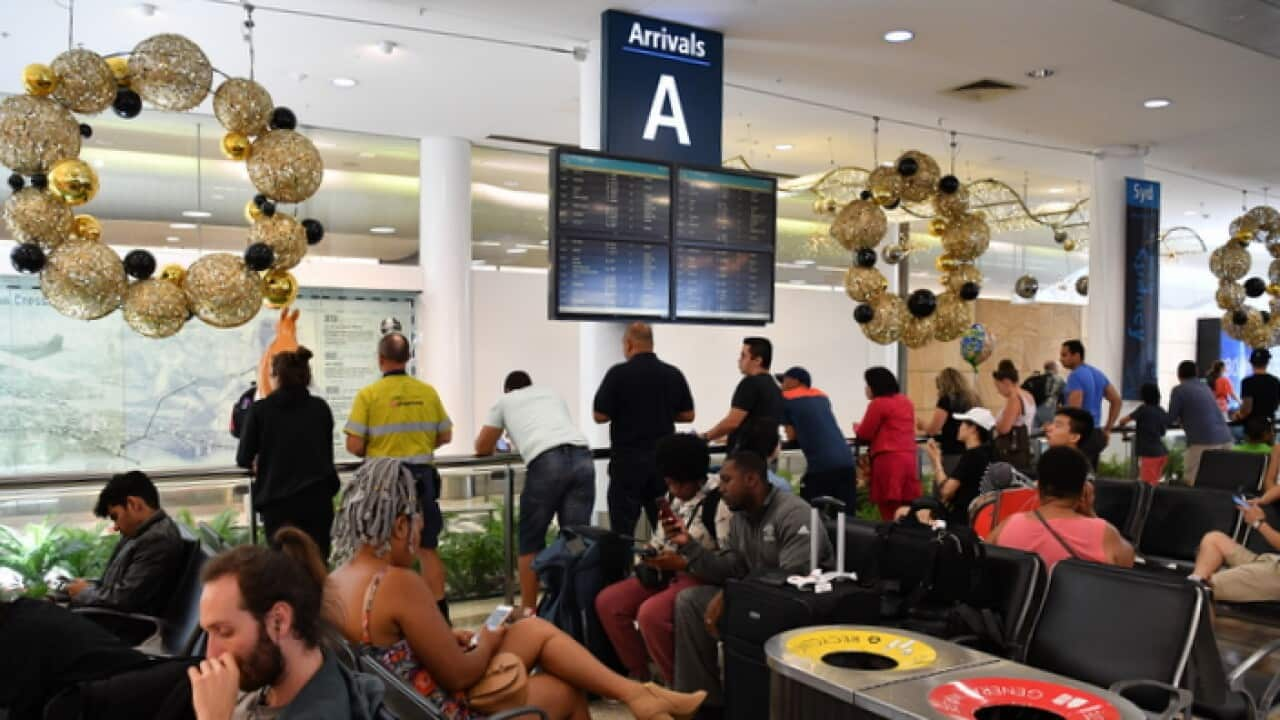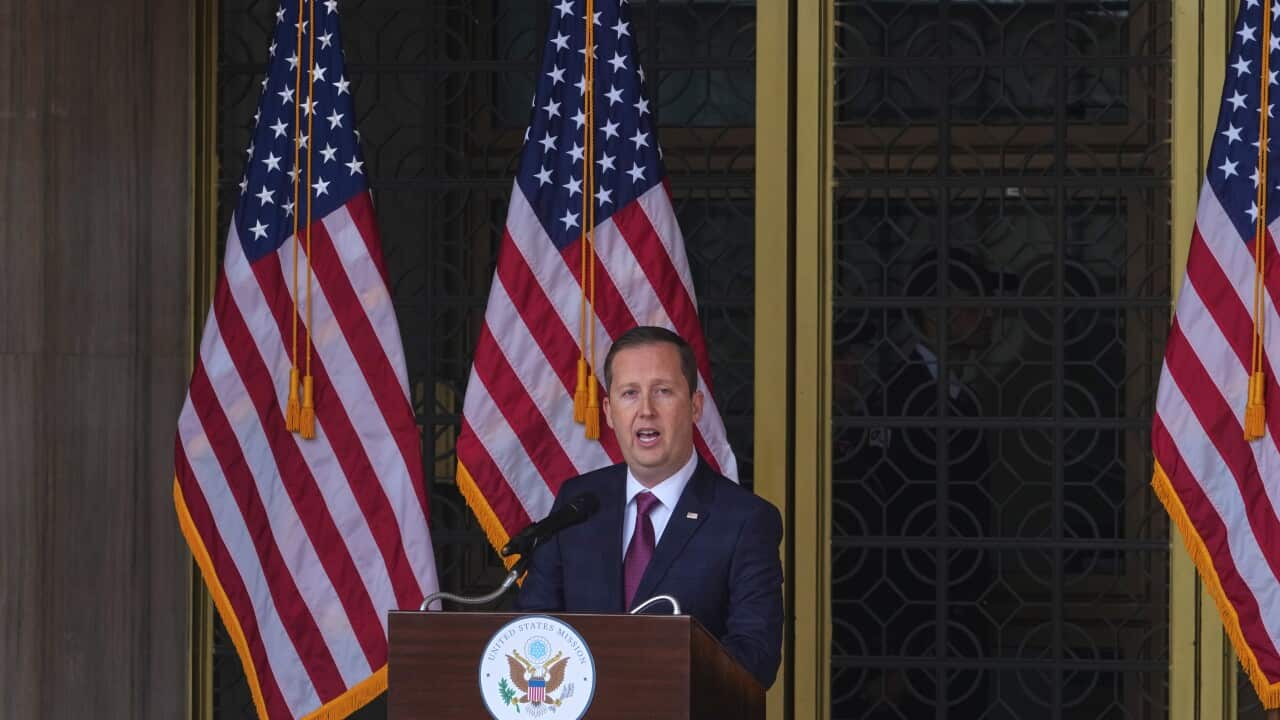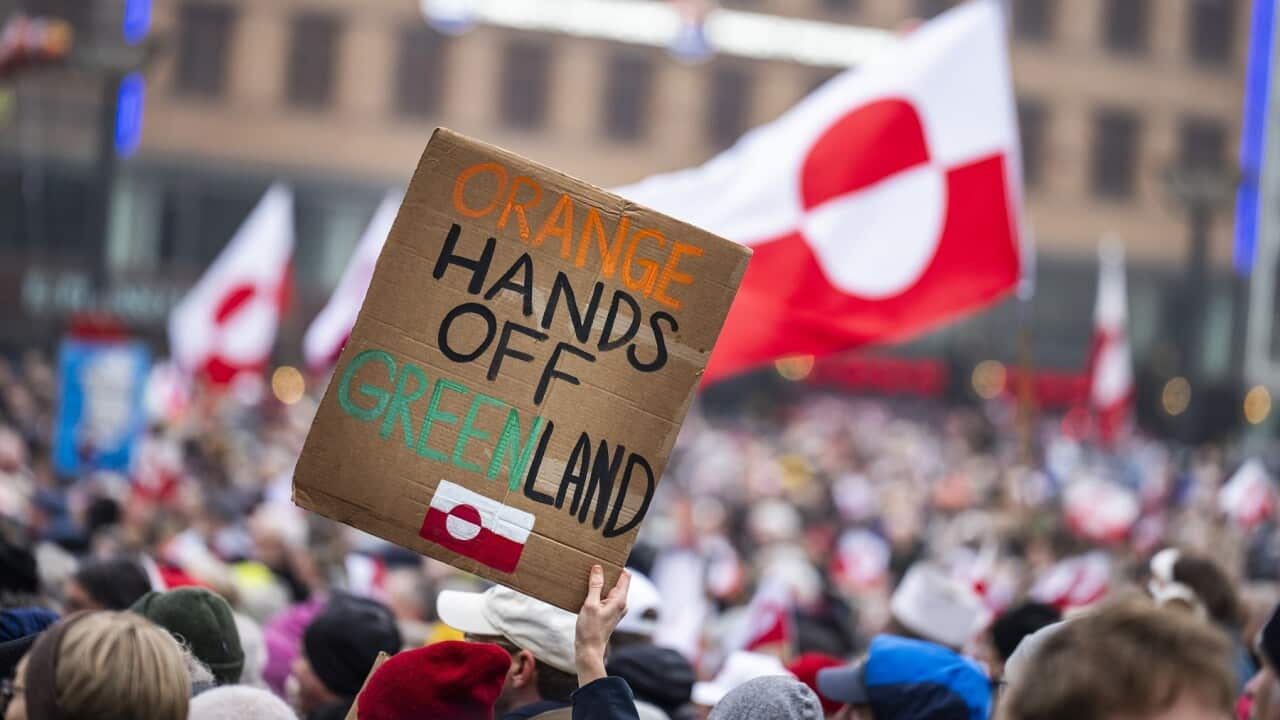One of the federal government's busiest policy areas in 2018 was immigration.
Refugee and asylum seeker issues dominated but didn't drown out debate over the size of the migrant intake or the government's ideas to encourage - or force - more migrants to settle in Australia's troubled regional areas.
Australia's offshore detention policy has always been controversial and refugee activists, mental health professionals and human rights groups constantly make calls for it to be abandoned.
In October, the Nauruan government forced medical aid agency M-S-F ((Medecins Sans Frontieres, or Doctors Without Borders)) off the island at short notice, putting an end to its work supporting the mental health care of almost 300 people in the 11 months it operated on Nauru.
Not long after returning to Australia, MSF staff spoke of the mental suffering they witnessed with people either committing suicide, being suicidal or suffering from what's known as resignation syndrome, a depressive condition that can leave children and adults semi-comatose and unable to eat and drink.
President of MSF Australia, Doctor Stewart Condon, said what's taking place on Nauru is among the worst MSF has ever seen around the world, including in projects providing care for victims of torture.
"One of the most alarming findings is the rate of suicidal behaviour. MSF's data showed that of our asylum seeker and refugee patients, 60 per cent of them had suicidal thoughts and 30 per cent had attempted suicide."
MSF's report on Nauru, called Indefinite Despair, reiterated its call for the Australian government to end its offshore processing policy.
The fate of people on Manus Island in Papua New Guinea was the subject of a report by Amnesty International and the Refugee Council of Australia.
Dr Joyce Chia, from the Refugee Council, says people who remain on Manus following the closure of the regional processing centre in October last year say they feel abandoned by Australia.
"Most startling thing, I think, was that we actually halved the number of mental health professionals dedicated to their care since January this year which, given the mental crisis that really exists in the island, is absolutely terrifying, there's hardly anyone there to talk to the men anymore. Torture and trauma counselling ended as well so for many of these men they've been really let down by the Australian government in the last year and, I mean, they were right, in many ways, because many of their concerns around leaving the centre was that they would be forgotten and abandoned and in many cases this has turned out to be true."
Earlier in the year, the federal government promoted the idea of a regional visa to force new entrants to settle in places other than Sydney, Melbourne and South-East Queensland.
Then-Citizenship Minister Alan Tudge made a number of speeches outlining why he thought the idea had merit.
One of his arguments is that some regional areas have labour shortages.
"In those places they're often crying out for more people so our overall objective is to try to get better distribution of that population growth across the country because if we do that, we take pressure off those big cities which are feeling the congestion at the moment and we help the economic growth of those smaller states and some of the regional areas who are crying out for more people."
By year's end, Prime Minister Scott Morrison had all but confirmed the government's intention to reduce permanent immigration.
"Our permanent migration intake is currently running about 30,000 below what the existing cap is. In how we might decide what that cap would be in the future, my approach is to actually get away from the top-down discussions about the population to set our intake cap and get into a discussion from the bottom up. Now I believe that this is likely to end up in revising down the permanent migration intake in Australia that would be my expectation."
Melbourne based Forum for Indian Australians (FIA) works for the welfare of migrants of Indian origin.
Rishi Prabhakar is Patron of FIA.
He says, “Increase in temporary visas could be an attempt to appease those who believe Australia's immigration intake should be cut.”
Rishi told SBS Hindi, “No one is against going to regional areas if governments can ensure jobs and infrastructure for skilled migrants there.”




